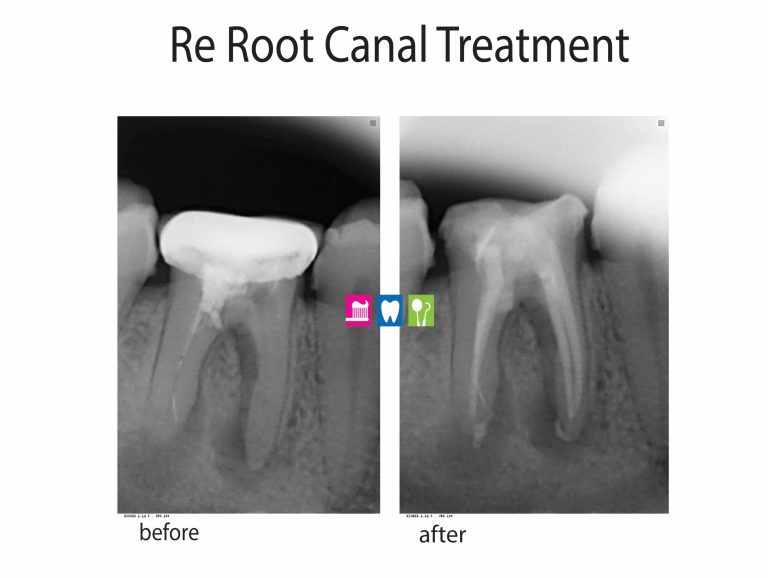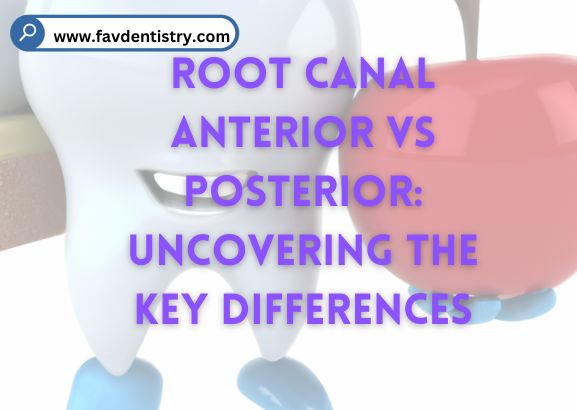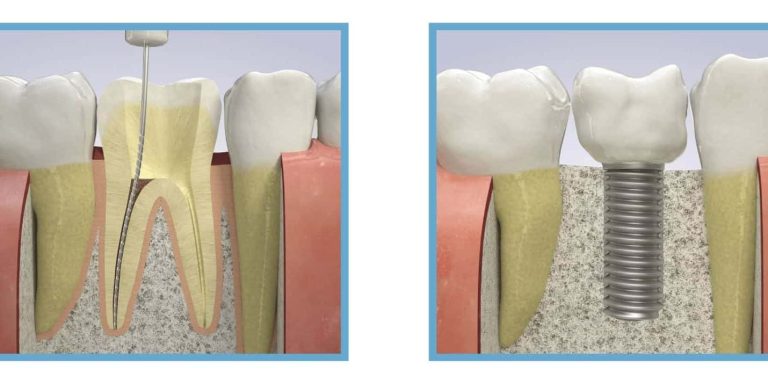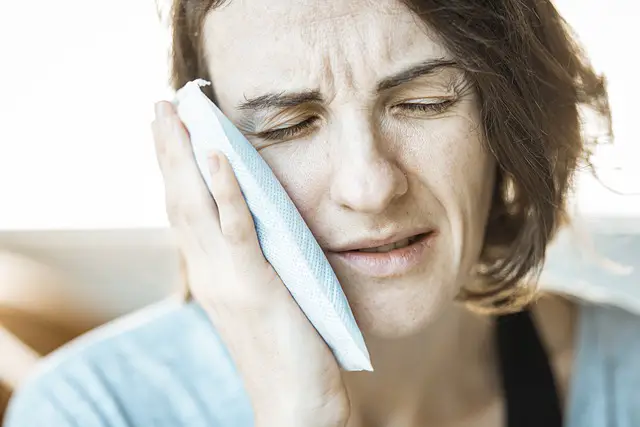Last Updated on 2 days by DR. ALBIN SIPES
Tooth pain after a root canal when biting may be an indication of a failed root canal or a cracked tooth. This discomfort could occur due to an incomplete removal of infected tissue during the root canal or the presence of an untreated infection.
It is important to consult with a dentist for proper diagnosis and treatment to alleviate the pain and restore oral health.
Understanding The Root Canal Procedure
Understanding the root canal procedure is crucial to addressing tooth pain after undergoing it. A root canal is a treatment that involves removing the infected pulp from the tooth’s root. This procedure consists of several steps, such as cleaning the root canal, shaping it, and finally filling it with a dental material.
The significance of a root canal lies in its ability to save a tooth that is severely decayed or infected. By removing the infected pulp, the root canal eliminates the source of pain and prevents further damage to the tooth.
Proper understanding and timely treatment of root canals are vital to preserve dental health and alleviate tooth pain caused by biting.
Reasons For Tooth Pain After Root Canal
Tooth pain after a root canal might occur due to several reasons. Nerve damage during the procedure is one possible cause. Incomplete removal of infected tissue can also lead to lingering pain. Residual bacteria left behind post-root canal might trigger inflammation.
These factors can contribute to discomfort when biting down. It is important to address these issues promptly to alleviate pain and ensure a successful root canal treatment. Seeking professional advice from a dentist is recommended to identify the underlying cause and receive appropriate treatment.
Taking proper care of the treated tooth, practicing good oral hygiene, and avoiding excessive pressure on the tooth can help ease discomfort and promote healing.
Identifying The Causes Of Pain When Biting
Tooth pain after a root canal when biting can be attributed to various causes. One common reason is pressure sensitivity due to inflammation. The inflammation can result from the root canal procedure itself, causing discomfort when pressure is applied during biting.
Another possible cause is a cracked tooth, which can lead to pain and discomfort when biting down. A misaligned dental crown can also affect the bite, causing tooth pain. It’s important to identify the exact cause of pain when biting to determine the appropriate treatment.
Consulting with a dentist is crucial in order to pinpoint the underlying issue and find the best solution for relief. Remember to seek professional advice if you experience any tooth pain after a root canal when biting.
Solutions For Tooth Pain After Root Canal
Tooth pain after a root canal when biting can be quite discomforting. However, there are solutions available to alleviate the pain. Over-the-counter pain relievers provide temporary relief for the discomfort. In some cases of severe pain, prescription medications may be necessary to manage the symptoms.
It is important to consult with a dentist to determine the best course of action. In certain instances, further dental intervention may be required to address the root cause of the pain. Taking proper care of the affected tooth and following the dentist’s recommendations can help in reducing the pain and promoting overall oral health.
Remember, it is essential to address tooth pain promptly to prevent any complications or further damage.
Preventing Tooth Pain After Root Canal
Tooth pain after a root canal when biting can be a frustrating experience. However, you can take steps to prevent such discomfort. One essential measure is maintaining proper oral hygiene to prevent future infections. Regular dental check-ups are crucial to monitor the root canal site and ensure its health.
If necessary, your dentist may recommend treatments to reinforce the tooth structure, reducing the chances of pain. By adhering to these guidelines, you can minimize the risk of tooth pain after a root canal and maintain a healthy smile. Remember, prevention is key when it comes to oral health.
When To Seek Professional Help
If you experience persistent and severe tooth pain after a root canal, it is essential to seek professional help. Swelling or discharge of pus around the treated tooth is also a red flag. Similarly, any changes in your bite or discomfort while eating should not be ignored.
These symptoms may indicate an infection or complication that requires immediate attention from a dentist. Ignoring the pain or discomfort can lead to further complications and jeopardize the effectiveness of the root canal treatment. Remember, timely professional intervention is crucial to address any issues and ensure the success of the procedure.
Frequently Asked Questions On Tooth Pain After Root Canal When Biting
Why Do I Have Tooth Pain After A Root Canal?
Tooth pain after a root canal is normal and can be caused by inflammation in the surrounding tissues. This pain usually subsides within a few days as the area heals. If the pain persists or becomes severe, it’s best to consult your dentist for further evaluation.
Is It Normal To Experience Tooth Sensitivity After A Root Canal?
Yes, it is normal to experience tooth sensitivity after a root canal. This sensitivity is often temporary and can be managed with over-the-counter pain relievers or desensitizing toothpaste. If the sensitivity persists or worsens over time, it’s important to seek guidance from your dentist to determine the underlying cause.
Can Biting Cause Tooth Pain After A Root Canal?
Yes, biting can cause tooth pain after a root canal. This may be due to the inflammation or infection that was present prior to the root canal procedure. If you experience pain while biting, it is recommended to contact your dentist for further evaluation and appropriate treatment options.
Conclusion
Tooth pain after a root canal when biting can be a frustrating experience, but it is not uncommon. It can be caused by various factors, including inflammation, infection, or even an improperly placed crown. If you are experiencing persistent tooth pain after a root canal, it is important to consult with your dentist as soon as possible.
They will be able to evaluate your case and determine the underlying cause of your discomfort. In some cases, additional treatment may be necessary, such as further root canal therapy or a different approach to the restoration of your tooth.
Remember, everyone’s experience is unique, so it’s essential to seek professional advice and not rely on self-diagnosis. Taking proper care of your oral health, following your dentist’s instructions, and maintaining regular check-ups can prevent issues and ensure your post-root canal experience is as pain-free as possible.







